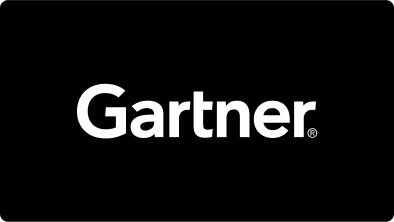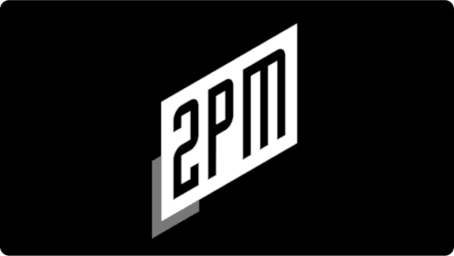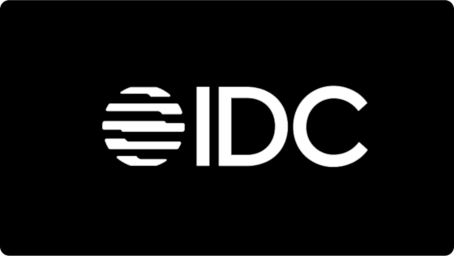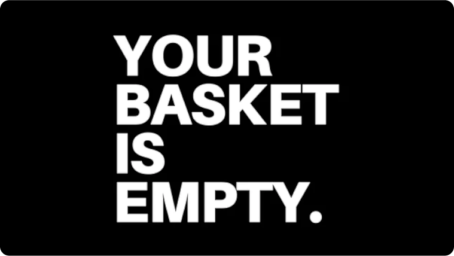Shopify vs. BigCommerce
Commerce is bigger with Shopify
Join the movement from big to better
Industry leader
Shopify has become the standard
Investment for the future
Commerce that’s built to last
Partner ecosystem*
App ecosystem*
Employees†
Merchants†
*App and partner count as of April 24 2024. Sources are based on BigCommerce partner and app directory, and Shopify app and partner directory (including Plus Partners and non-Plus Service Partners).
†Employee and merchant count as of April 24 2024. Sources are based on BigCommerce and Shopify websites.
Economic forefront
The numbers speak for themselves
73% Shopify’s global market share of the top 800 DTC brands
Shopify has the fastest server speed in commerce
Faster site speed impacts everything—from revenue to operations. Measure your site’s performance to see how it could affect your sales and how it compares to the competition.
Get your custom report
Shopify isn’t just a platform. It is a trusted partner on Lull's journey to take the lead in the mattress market, and a transformation that continues to drive cost savings and growth.
Superior developer ecosystem
Engineering with the experts
International selling
Don’t just go big—go global
Higher revenue
Shopify converts better than BigCommerce
Shopify converts 12% better than BigCommerce
Checkout conversion
Shopify’s checkout checks out
Revenue acceleration
Shopify accelerates your revenue growth
20%
90%

When there’s Shop Pay, customers pay
Revenue expansion
With Shopify, there’s always a new revenue stream to unlock—seamlessly
550%
$50K+

Unify your D2C, retail, and B2B selling
Shop Pay’s instalment plan alone led to a 25% reduction in processing fees. Shop Pay now makes up more than 80% of our express checkout mix.
Better TCO
Get more value with Shopify
See your TCO savings with Shopify
Shopify's TCO is 31% better than BigCommerce

Compared to Shopify, BigCommerce has:
88%
32%
21%
We started on Shopify but got to a point where people told us we were too big for Shopify, so we moved to BigCommerce and our business absolutely plummeted. Everything we were able to do ourselves on Shopify, even simple stuff, we now had to run through developers. We had to hire a huge development team.
Constant innovation
Shopify's pace of innovation is unmatched
1st
200+
All-in-one commerce
A commerce focus with massive scale
Shopify Plus has really become a unicorn. We've found it's very easy to add on, and it integrates with every single relevant platform, which is incredible. This has provided quick wins, but actually allowed us to refocus on our development roadmap. Shopify Plus is really stretching us as a business.
Billions vs. millions
Rate of iteration
Shopify is changing the pace of innovation
Shopify Editions
Shopify ships innovative updates at a rapid pace
Intuitively designed
Powerful automations and workflows at your fingertips
Analyst validation
The experts have spoken—and they choose Shopify

73%
83%

Gartner® Magic Quadrant™
Shopify is once again a Leader in the 2024 Gartner® Magic Quadrant™
August 21, 2023

2PM
2PM reports a surge of brands using Shopify vs. BigCommerce
November 2023

IDC
Shopify named a Leader in IDC MarketScape: Worldwide B2C Digital Commerce Platforms for Mid-market Growth 2023-2024 Vendor Assessment
January 31, 2024

PROMINENT VOICES
Rick Watson says the future of ecommerce is between Shopify and Commercetools
October 4, 2023
Migration partners
The migration support you need from the largest partner ecosystem around
10,000+
100+
Featured BigCommerce migration partners
Shopify vs. BigCommerce
Want bigger results? Switch to Shopify.





















